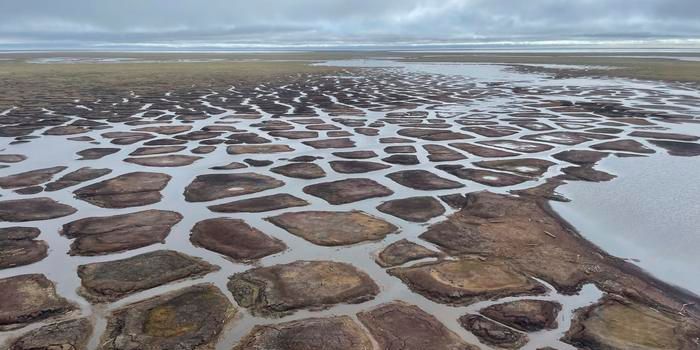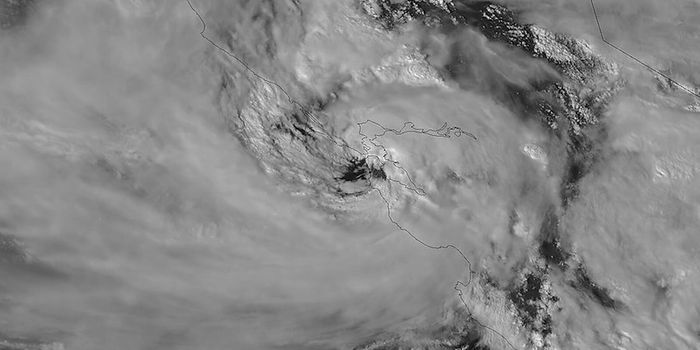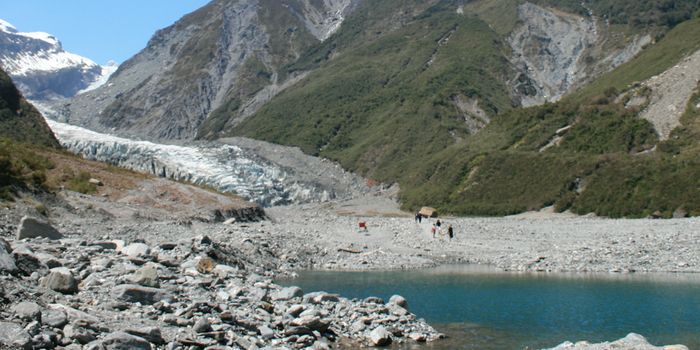Invasive, Golden Mussels are Found in North America for the First Time
The golden mussel is native to Southeast Asia and China, but it is an invasive species that has used the ballast water of ships to spread to other continents including South America. Experts have warned that it could threaten North America, and now, the golden mussel has actually been spotted in North America for the first time.
The mussels were found in the Sacramento - San Joaquin Delta just a few days ago. Only a few weeks before, the mussels had been identified at Rough and Ready Island, which is near Stockton, and O’Neill Forebay in Merced County. Vessel inspections have now begun in the area to try to prevent golden mussels from spreading to more local areas. State officials are also asking boat owners to stay alert for the mussels and to clean, drain, and dry their watercraft and equipment every time it's removed from a waterway.
The animals are about half an inch to two inches in size, with a golden or yellowish shell. They can easily attach to boats and aquatic plants, and like to live in brackish or freshwater. They can tolerate a wide range of temperatures, including those found in the Great Lakes. Golden mussel larvae can swim, and migrate throughout the water column. They can form colonies with tens of thousands of members, and they can reproduce rapidly. One adult can filter as much as half a liter of water every hour, so they vacuum up lots of nutrients that would normally enrich other species.
Since golden mussels consume huge quantities of microscopic plants and animals that are typically needed by other animals, they can dramatically change a habitat and food web. These animals are seriously disruptive, and can threaten agricultural irrigation systems, power plants, and municipal water supplies.
When golden mussels appeared in South America, they altered the food chain and interfered with water infrastructure by clogging pipes and breaking equipment.
They caused many other problems as well. Bivalve mollusk expert Maria Cristina Dreher Mansur told Science in 2021 that golden mussels had "transformed" Lake Guaíba, near the southern Brazilian city of Porto Alegre. Within two years of their appearance, the "sandy beaches and vegetated margins" of the lake only held "piles of dark and stinky shells” from the invasive mussels.
A 2018 report estimated that golden mussels were creating over $120 million in costly problems for the Brazilian electricity sector.
Now, California officials will likely mount an immediate effort to remove the mussels that have been detected, or the issues may only compound as time goes on. However, golden mussels are trying to move in on the California Delta, which is one of the most invaded habitats in the world. There are already about 185 invasive species living there, including Asian bivalves. It remains to be seen whether golden mussels will act as a kind of super invader, or will fail to gain a toehold.









